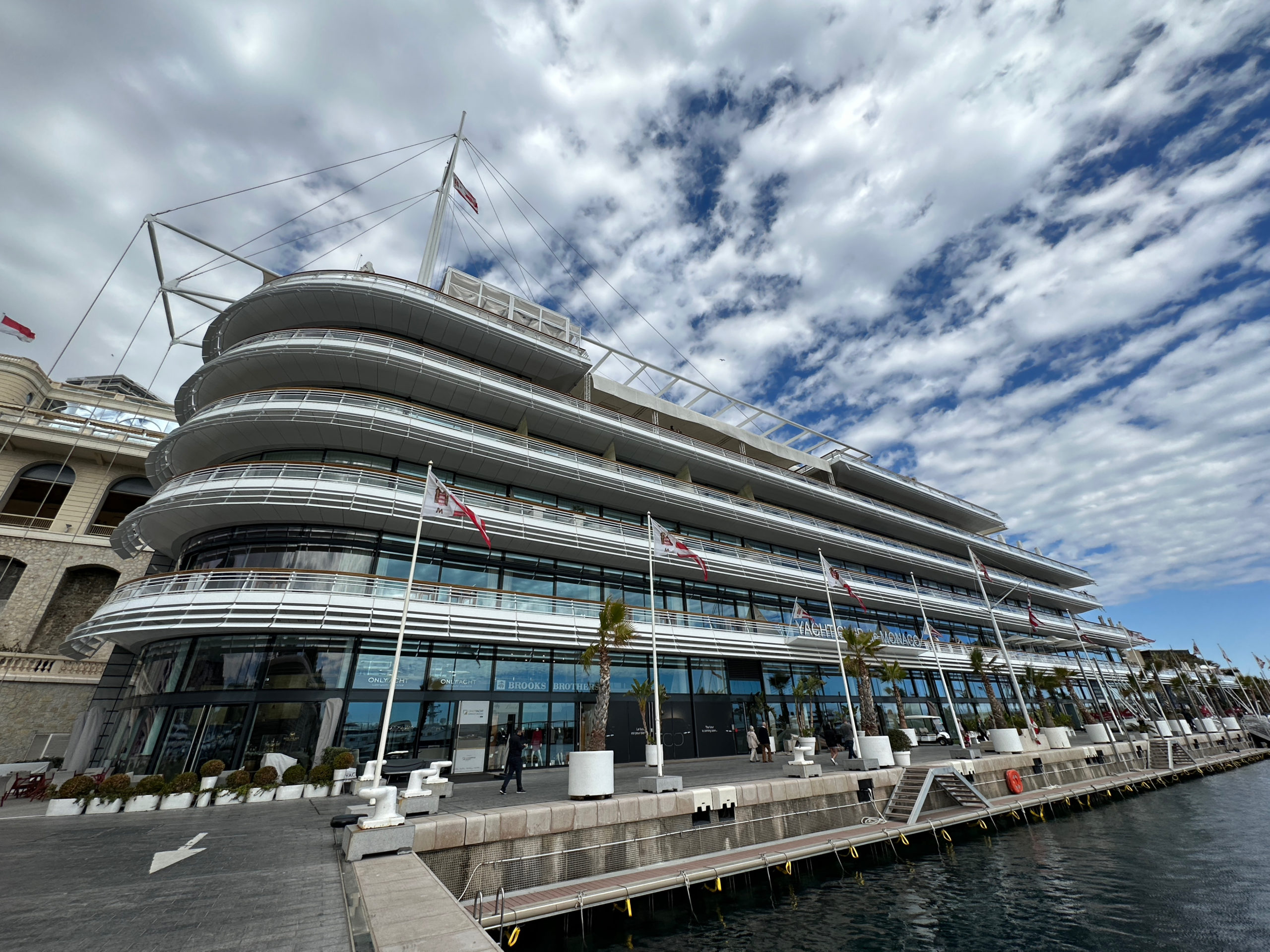Malcolm Jacotine – Superyacht2030
Calm once again settles on the beautiful Yacht Club de Monaco after Monaco Oceans Week.
For me it was a very useful and informative two days attending the 12th Environmental Symposium, 27th Captains Forum, 3rd Explorer Yachts Awards, and Monaco Smart Yacht Rendezvous.
As always, not only were there some very interesting presentations and inspirational speakers but also a notable emphasis on climate change and sustainability.
We learnt about ideas, designs, products, and innovations that will help in building a sustainable superyacht industry and, perhaps, one with purpose? Yachts can be a valuable platform for the scientific community, helping them to monitor, research and advance their knowledge and understanding of our oceans and marine life. They can also be used to gather data on the ocean and seabed using automatic sensors.
During the Captains event, crew were in focus, including the importance of leadership, and how we can retain, support and mentor them. It was interesting to note some concern over a shortage of good crew and how we attract the next generation. Here, climate change could also be a factor, as highlighted by the recent European Investment Bank study into job hunting.
Although some key players were absent, and their contribution will be crucial, I sensed from the presentations and discussions we may have reached an inflection point. It seems that finally there is an acknowledgment, as well as a growing concern that the environment and climate change present an existential threat to yachting as we know it – a far cry from the attitude I encountered in the past.
In the absence of external mechanisms such as regulation or a carbon tax, which will come – we are just not sure when! – I feel this is a very important shift in mindset, and one that I
hope will act as a catalyst and accelerate change.
There are storm clouds gathering on the horizon, and whilst some progress is being made, I do not think we are yet capable of withstanding the coming tempest – there is still much we can and should be doing.
New yachts must have climate change, the environment, energy efficiency and “future proofing”, baked into their DNA. This includes optimizing a yacht for use and a holistic approach to energy use and consumption – including hotel loads.
We must work to replace fossil fuels by switching to renewable diesel, or alternative fuels like Methanol and Hydrogen, and expand the use of wind, hydrogeneration, and solar.
There are already designs, as well as projects in build, that will be truly transformative for the future of yachting, and I cannot wait to see these glide serenely past the existing fleet in silence!
There are clearly opportunities for upgrades, minor and major, that can help reduce a yachts environmental footprint and this presents an interesting growth area for the refit community.
Operational use will be key, and crew will play a crucial role. Their intelligent use of energy, and environmental awareness can make a big difference and they should be supported with education and resources to help them lower the impact of yachting.
Data is going to be key!
Whether reporting on energy consumption and net CO2 emissions, tools like the SeaIndex and YETI can help owners and charterers make more informed choice. And, whilst today this is voluntary, I can see a day when a yachts energy efficiency and emissions rating will be part of its specification. This will be a valuable differentiator for purchase, charter, finance, and insurance – these tools should be supported by the whole industry.
This, however, will not be enough.
If we are going to be seen as responsible and progressive industry, we must start collecting and validating data on the energy consumption from fuel and shore power.
This is crucial, as today, apart from the IMO’s research, we have nothing to prove that beyond the claims, our industry is making changes that are necessary and, in the very least, compatible with the IMO’s GHG Strategy and reductions targets. The truth is, we simply do not know, and that places us in a very exposed position.
Of course, as many argue, our emissions are indeed small compared to commercial shipping and other industries, but that cannot excuse our impact. As members of the global community, we have a responsibility to the next generations, our planet, and its ecosystem, to be part of the solution and not part of the problem – that should be the abiding motive for everyone.
Today, whilst challenges remain and I feel more optimistic that we can build a more sustainable industry, the pace of change needs to accelerate. It is going to require hard work, innovation, investment and, importantly, collaboration throughout the whole superyacht community if we are going to succeed.
The future of yachting is in our hands!

